How to Get Ready for Lifeguard Season
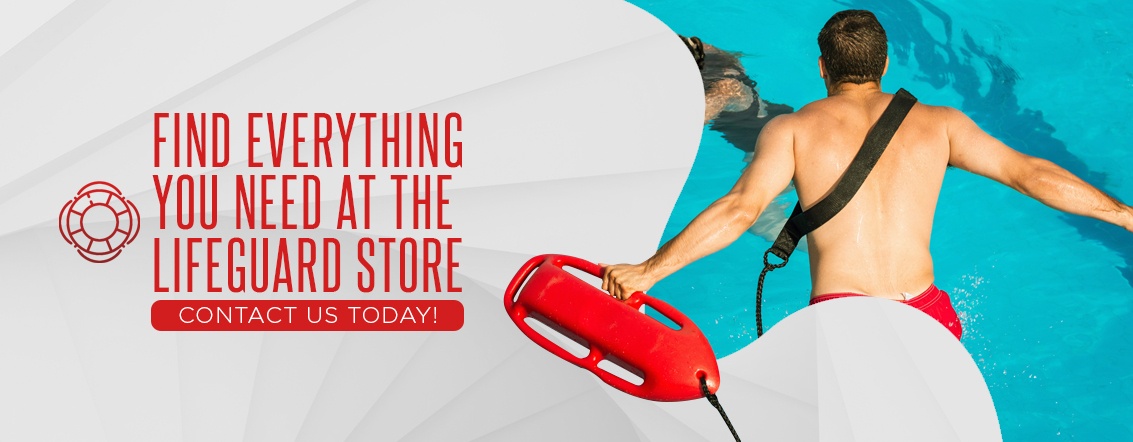
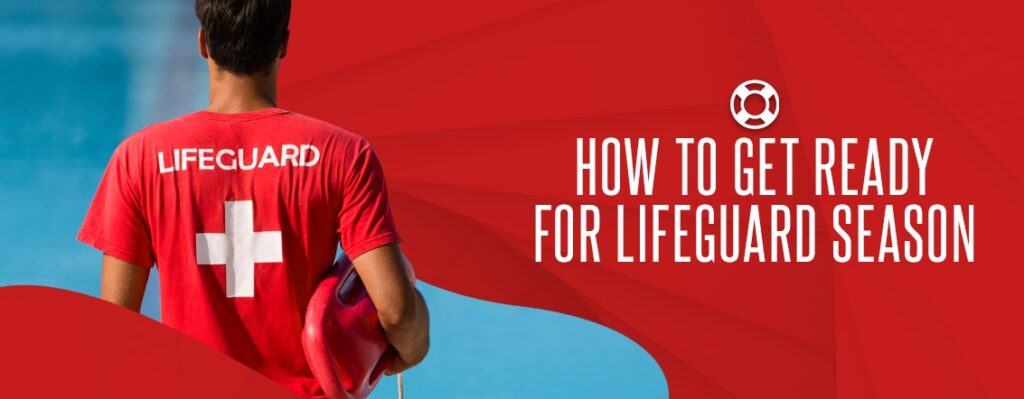
When the weather begins to get warmer, it means lifeguard season is just around the corner. Whether you are a seasoned swimmer with years of lifeguarding experience or a new recruit anxious to learn the ropes, here is what you need to know about getting ready for the lifeguard season.
Secure a Job
If you have had a positive experience working as a lifeguard in the past, reach out to your former employer and see if they have any open positions available for the upcoming year. If necessary, remind them of your previous work experience with them and mention how you enjoyed the position.
If a former employer is not an option, you have several options. Depending on where you live, there are many different places that regularly staff lifeguards, including:
- Public pools
- Beaches
- Recreational centers
- Public lakes, rivers and ponds
- Water parks
- Summer camps
Before you begin your search for a new lifeguard position, know your strengths and identify areas for improvement. There are different types of lifeguards, including those that are trained in shallow water, waterfront settings, aquatic attraction environments and surf rescue. To determine which position is right for you, ask yourself:
- What kind of training have you had in the past, and what training is available to you now?
- Would you prefer a controlled pool or waterpark setting, or does the challenge of the open water appeal to you?
- How do you feel about a position that specifically caters toward children?
- What kind of employment are you seeking?
Many places, such as outdoor public pools and summer camps, are seasonal or part-time positions. Other sites, like water parks or recreational centers, might staff full-time or year-round.
Get Re-Certified
The American Red Cross offers several lifeguard certification programs, including standard certification and swim instruction certifications. Your Red Cross Lifeguard Certification must be renewed every two years. You can also register to take review courses throughout the duration of your certification to keep your skills sharp. If you have questions about specific certifications, training courses or other skills required, contact your employer.
Get Fit and Practice Your Skills
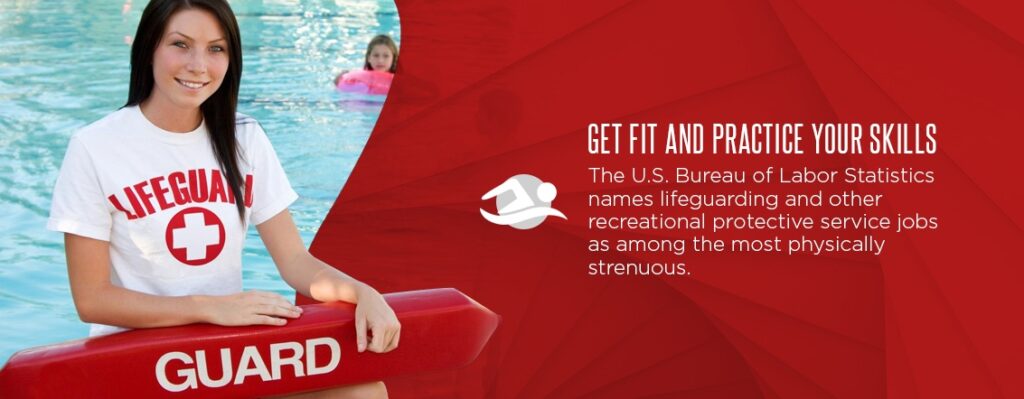
The U.S. Bureau of Labor Statistics names lifeguarding and other recreational protective service jobs as among the most physically strenuous. In 2017, lifeguarding was listed among the jobs that require the highest level of strength. A lifeguard certification proves your ability to complete a task on a given day, but it is your job to maintain and improve your skills over time — after all, the safety of others might depend on it.
Specific employers and settings require different skills and knowledge. For example, ocean beach lifeguards are required to learn how to navigate a riptide and swim in strong currents. If you have already secured your job, they will provide specific on-site training. However, if you have not yet decided on a job or just want to get your body back in shape for when the time comes, here is what you need to know.
To prepare to be a lifeguard, you need to train in the following areas:
- Swimming: It goes without saying, but the most critical skill you need as a lifeguard is the ability to swim well. Practice swimming in all types of waters, including pools, lakes, rivers and the ocean. As long as you can do so safely, practice swimming in different climate conditions.
- Strength and endurance: Cardio and strength training will keep your body in prime physical condition for performing your lifeguard duties. If you intend to be a lifeguard during each lifeguard season or if it is your chosen profession, then you should implement a routine strength and endurance training plan to follow throughout the year.
- Breathing: Practice your breathing patterns and techniques, so you can build strength and increase your lung capacity.
Make Sure You Have the Right Equipment
Before your first day on the job, make sure you have secured all the necessary equipment. Your employer will likely provide you with some items or a list of requirements, such as the color and style of your swimwear or whistle and lanyard. The following equipment is necessary for a successful lifeguard season:
- Your swimwear: Most lifeguards are recommended or required to wear red with white lettering, but some have been known to wear other bright, easily recognized colors. Choose a swimsuit or swimwear set that fits securely and comfortably.
- Sunglasses: Sunglasses are crucial for seeing swimmers clearly in bright sunlight, especially in areas where the sun easily reflects off the water. Make sure your guard sunglasses fit your face securely. Consider investing in a Croakie to keep your glasses handy when you need them.
- A whistle and lanyard: There are several types of whistles, including those with mouth grips. Keep your whistle close by attaching it to a neck or ankle lanyard.
- Your hip pack: Your lifeguard hip pack is where you will keep all of your important things during your work shift, including sunscreen and a first aid kit. Make sure your hip pack matches your required colors and fits securely around your waist.
- Swim towels: Choose a sport swim towel that is absorbent and dries as quickly as possible. You might also want one that you can have embroidered with your guard logo or name.
- Sunscreen: Sunscreen is a must-have for every lifeguard who works outdoors. Choose a waterproof sport sunscreen with a high SPF and reapply it regularly through your shift.
- A water bottle: One of the first things you learn during lifeguard preparation is that proper hydration is essential when it comes to staying safe and performing your duties effectively. An insulated water bottle or a water bottle with a built-in freezer stick will keep your water cool throughout your shift, but any water bottle will help you stay hydrated.
Some lifeguard accessories are optional, and unless your employer instructs otherwise, you do not necessarily need them to be successful. These accessories will, however, enhance your experience and likely make you more effective and comfortable. Optional lifeguard equipment might include:
- Short or long-sleeved rashguard shirts.
- A hat or visor to keep the sun off your face.
- Special shampoo, conditioner, soap, body lotion and lip balm to soothe skin after exposure to the sun, salt or chlorine.
- Off-duty apparel, like hooded sweatshirts and parkas.
- Water-resistant insect repellant.
- A mesh bag for transporting and airing out your items easily.
Find Everything You Need at The Lifeguard Store
Start lifeguard season out right with high-quality equipment from The Lifeguard Store. In addition to all personal lifeguard gear and apparel, we also provide rescue gear and on-site lifeguard equipment. Whether you are looking for the right tools to help you do your job or are just looking for something to display your lifeguard pride, you will find it all here.
Learn More Lifeguard Tips:
- How to Avoid Sunburn as a Lifeguard
- Tips for Managing and Positioning Your Lifeguards
- How to Stay Safe on the Lifeguard Stand
- How to Stay Warm as a Lifeguard When It’s Cold Outside
- How to Handle Disruptive Guests at the Pool
- What You Need to Know About Shallow Water Lifeguarding
- Tips for Maintaining Focus and Improving Scanning for Lifeguards
Share this post
Topics
- Swimming Tips
- 130513
- Fitness
- Prevention
- Technique
- Training
- Workout
- Contest
- POTW
- New
- Kirazies
- Swim Team
- Pool Equipment
- Digital Pace Clock
- Fins
- Swim Goggles
- Krazies
- Practice
- Breath control
- Pull
- Fuel
- Nutrition
- Tips
- Energy drinks
- Competition
- Events
- IMX
- Parent eductation
- Lunch
- Parent education
- Snacks
- Portable fuel
- Triathlon
- Breathing
- Goals
- Planning
- Preparedness
- Aerobic
- Anaerobic
- Hypoxic
- Cycle
- Age grouper
- Swim for life
- Age group
- Kids
- 11-12
- Meets
- Skills
- Swim Fins
- Spandex
- Polyester
- Speedo
- TYR
- Kiefer
- Dolfin
- Durafast
- Aqualast
- XLA
- PBT
- Endurance
- Recreation
- Swimming
- Suit
- Swimsuit
- Swim Caps
- Swim Safety
- Open Water Swimming
- Sim Safety
- Safer Swimmer
- Backstroke Flags
- Pool Flags
- Anti-fog Goggles
- Backstroke
- Swimming pool
- Turns
- Finishes
- Meters
- Yards
- Lycra Swimsuit
- Polyester Swimsuit
- Swimsuit Fabric
- Swimsuit Material
- Competitive Swimwear
- Learn To Swim
- Floaties
- Life jacket
- Life vest
- Racing Lanes
- Early workout
- Alarm
- Sleep
- Lifeguard
- Water Safety
- Mobile Friendly
- Lane Ropes
- Training Gear
- Kickboard Review
- Kickboard
- Olympic Swimmer
- Bathing Caps
- Lycra Caps
- Silicone Caps
- Latex Caps
- Swim Practice
- Swim Workout
- Pools
- Save our pools
- Motivation
- Swim Gear Advice
- Swim Sweepstakes
- Holiday shopping
- Gifts
- Holiday
- Thanksgiving
- Turkey day
- Holiday training
- 2014
- New Year
- Fun training
- Swimming Cramps
- Google Catalog
- Kiefer Catalog
- Swimsuit Catalog
- Lifeguard Catalog
- Swim Backpack
- Swim Cap
- Tech Suits
- Swim
- Christmas
- Swim Meets
- Swimming Trivia
- Swimsuit Sizing
- Swimming Stretches
- Swimming Injuries
- Swimmer Gifts
- Hand Paddles
- Olympic Swimming Comebacks
- Rio 2016
- Swimsuit Backs
- 15M Marker
- Dolfin Uglies
- Carb Loading
- Rescue Tube
- Underwater MP3 Player
- Swimming Songs
- Lifeguard Whistle
- Butterfly
- Swimming technique
- Technical suit
- Tech suit
- Usaswimming
- Ban
- Club swimming
- Olympic trials
- Age group swimming
- Arena
- Olympics
- World championships
- Super suit
Tags

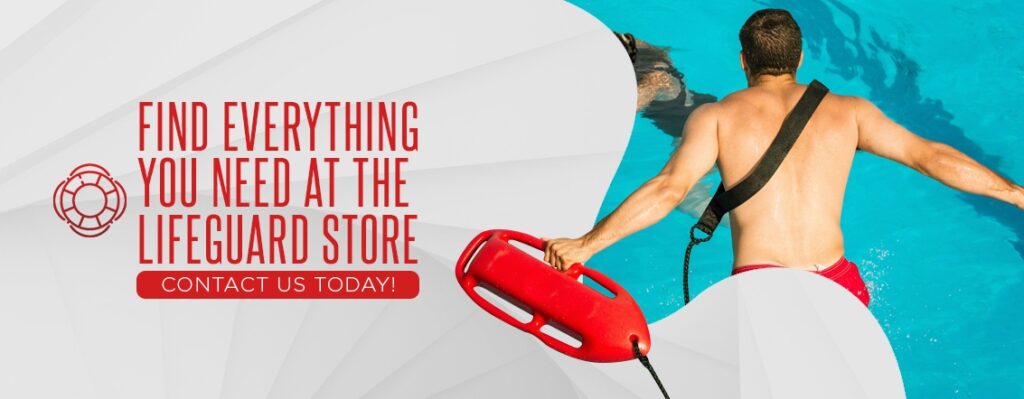


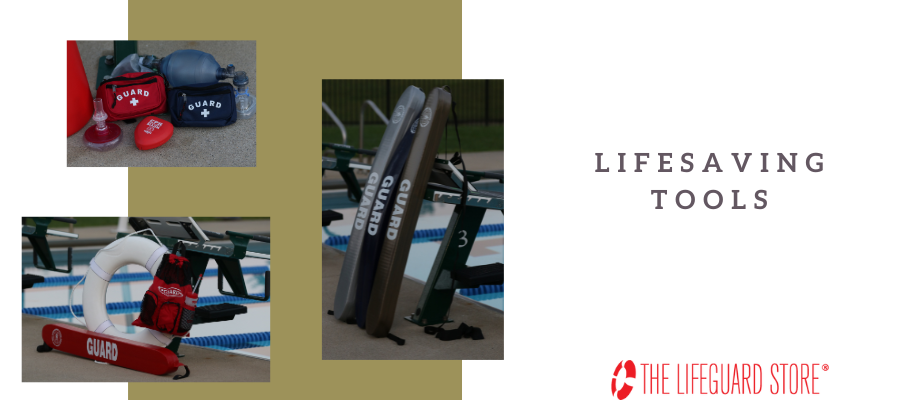
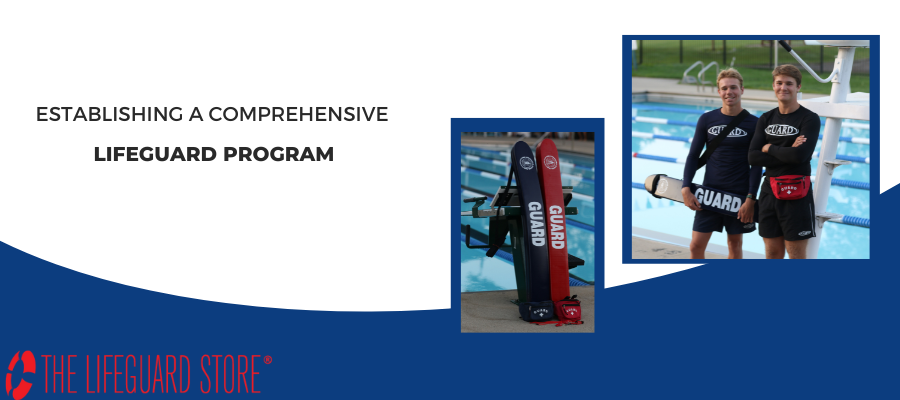
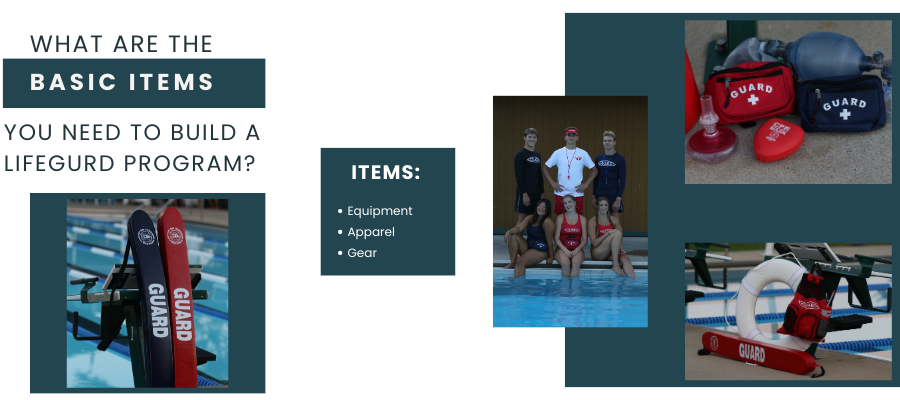
Leave a Comment
Your email address will not be published. Required fields are marked *